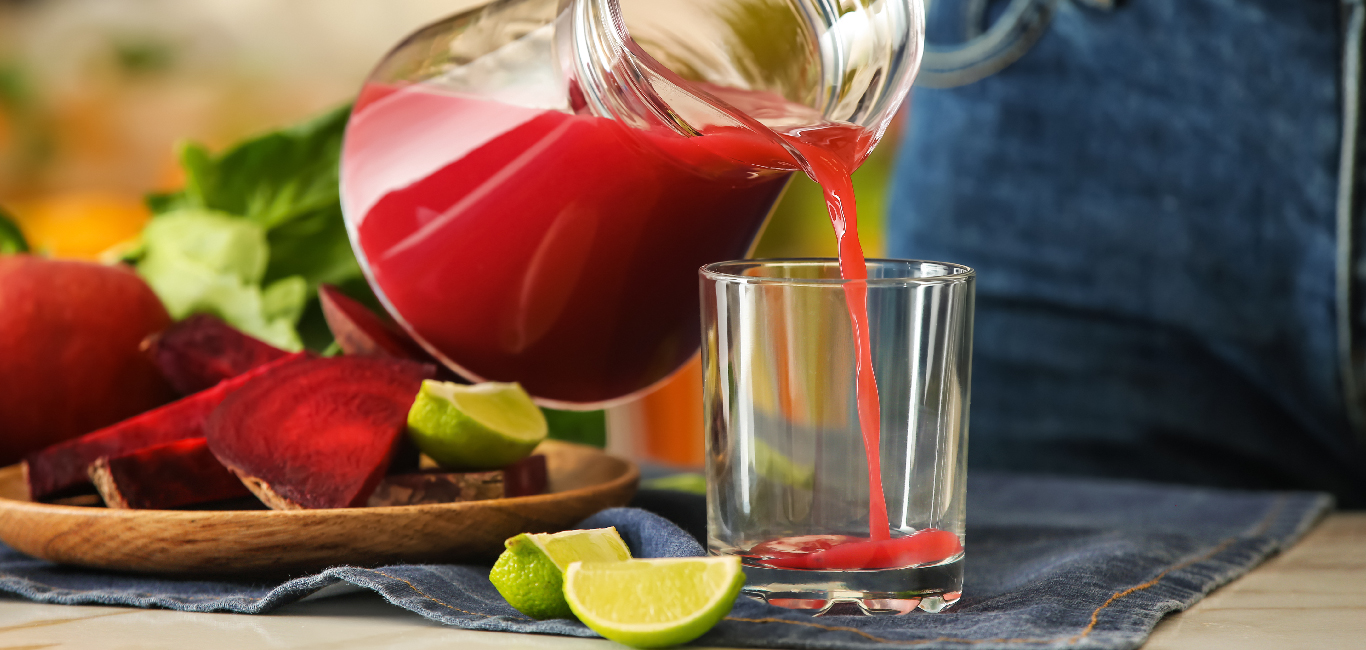
In recent times, beetroot juice has become popular pre-workout meal among athletes. Beetroot juice is rich in nitrates and its leap to fame among sportspersons is attributed to the potential benefits of nitrates in it – ranging from helping to lower blood pressure to improving nutrient delivery to the muscles.
Nitrates and nitrites are also useful in several biochemical processes that maintain a balanced working of our body. Nutritionists say they are also naturally present in celery and lettuce and assure us that the body can get sufficient amount of them from our diet.
The flip side
However, overdoing the intake of nitrates has its adverse consequences, especially if they are from artificial sources and exceed the prescribed limit. They then change into reactive nitrogen species – a type of cell-damaging compounds – under stress.
The potential of nitrates and nitrites to get converted into carcinogenic species has raised serious questions about the safety of their consumption. The European Food Safety Authority has set 3.7 mg/day as their maximum acceptable daily intake through foods.
Two concerns
The cloud around nitrates is for two reasons. One, the nitric oxides, when inhaled, can damage our respiratory tract. And two, under certain stressful conditions in our bodies – like oxidative stress caused by free radicals – the nitrates get converted into toxic by-products.
However, nitrogen-rich foods such as spinach and other greens, cabbage and radish are also equally rich in antioxidants that act against free radicals. Therefore, some researchers have removed foods that are naturally rich in nitrates from the list of potential carcinogens.
When imbibed via natural food sources, nitrates and nitrites also come with many vitamins and minerals. These combinations of nutrients may help to combat the negative effects of toxic nitrate by-products called N-nitroso compounds owing to their antioxidant properties. N-nitroso compounds are a group of cell-damaging and cancer-causing compounds.
When it comes to meat, processed meat products that contain high levels of nitrates can lead to an excess of them in the body. In turn, excess nitrates or nitrites in blood could get converted to N-nitroso compounds.
Our body needs them
Bengaluru based nutritionist Sudha Rani says, “Although most of the nitrates and nitrites that we consume come from natural vegetables and fruits rather than food additives, there has been a great deal of consumer pressure to produce meat products free of, or with reduced quantities of, these compounds.”
Although overconsumption of nitrates and nitrites is associated with several health risks, the nitrogen compounds are still needed in specific amounts by the body for key biochemical functions such as in anti-coagulation to aid wound healing; regularisation of blood pressure, maintaining glucose and calcium balance, and gastro-protection.
Heart and diabetes issues
A 2018 meta-analysis in Nutrition Reviews published by Oxford University Press investigated the role of nitrates and nitrites in preventing cardiovascular diseases in humans. The study is based on the view that nitric oxide (NO) deficiency increases the risk of cardiovascular diseases. It concludes that nitrate intake through food improves the levels of NO in our body and significantly helps to protect our cardiac health.
A 2015 study showed that nitrate deficiency leads to the risk of developing Type-2 diabetes. Nitrates, when consumed via their natural food sources, help to stabilise blood sugar levels by maintaining the glucose balance in the body. Additionally, they have healthy antioxidative and anti-inflammatory effects.
Nitrates from food sources such as beetroot juice and dietary supplements contribute to improved performance during exercise. A 2021 systemic review published by Taylor and Francis points out that nitrate supplementation via beetroot juice helps in lowering blood pressure, thereby increasing the amount of nutrients that reach the muscles during exercises. However, researchers caution that one must keep the intake level below the daily acceptable limits.
Combating chronic conditions
Here is a host of known health benefits of the nitrate-nitrate duo. Among others, it:
- Improves overall cardiovascular health
- Reduces blood pressure
- Prevents stroke
- Lowers insulin resistance, increases glucose tolerance
- Increases exercise capacity
- Lowers triglycerides (natural fats)
In addition, the nitro compounds have industrial uses. Nitrates extend the shelf life of food products by protecting them against certain bacteria. “They are used as food preservatives to prevent the growth of bacteria in meat and cheese products and to improve the flavour and colour of foods,” says Delhi-based nutritionist Aashna Chadda.
The positive effects of nitrate-rich food have been highlighted in a number of scientific research papers. However, one must also consume such foods with caution in view of their other side – their potential negative impact on health.

















